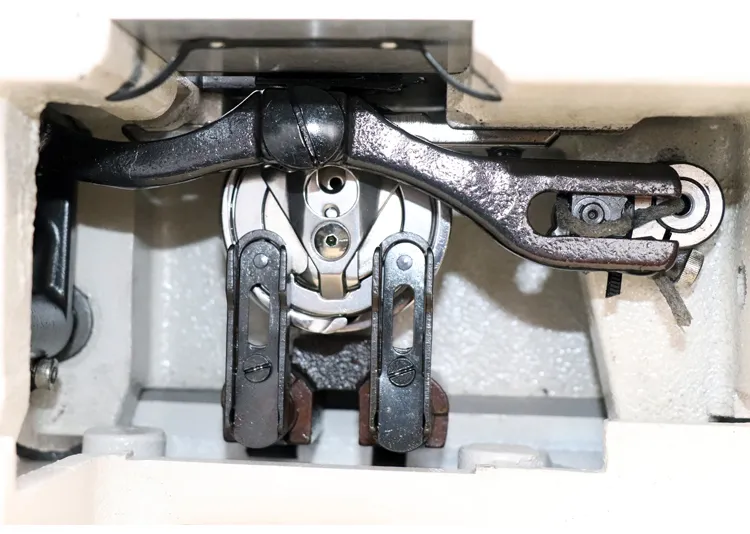sewing machine for thick materials
Choosing the Right Sewing Machine for Thick Materials
When it comes to sewing, not all machines are created equal. If you find yourself frequently working with thick materials such as denim, leather, canvas, or multiple layers of fabric, investing in a specialized sewing machine for thick materials will significantly enhance your crafting experience and yield professional results. This article will guide you through the essential features to look for in a sewing machine designed to handle heavy fabrics.
1. Machine Power and Motor Strength
One of the first aspects to consider is the power of the sewing machine. A strong motor allows the machine to penetrate thick layers of fabric without straining or jamming. Look for machines that offer a higher stitch power or RPM (rotations per minute). Heavy-duty machines often feature a motor rated at 1-1.5 amp, providing the necessary force to tackle tough material effortlessly.
2. Needle Compatibility
When working with thick fabrics, using the right needle is crucial. Not all sewing machines come equipped with needles suited for heavy materials. Look for machines that accept larger, specialized needles, such as denim or leather needles. These needles have a thicker shaft and a sharp point, allowing them to easily pierce through multiple layers.
3. Feed System
A robust feed system helps to evenly move thick and bulky fabrics through the machine. Look for sewing machines with powerful feed dogs that can grip the fabric securely. A walking foot attachment is also beneficial; it helps to evenly feed multiple layers of fabric, preventing any shifting or puckering during the sewing process.
4. Stitch Options and Settings
sewing machine for thick materials

When sewing thick materials, it is important to have a variety of stitch options. Look for machines that offer adjustable stitch length and width, as thicker materials may require longer stitches to avoid bunching or breaking. Additionally, zigzag or decorative stitches can add a design element to your projects while providing necessary structural integrity.
5. Durability and Build Quality
Investing in a sewing machine for thick materials means choosing a model built with durability in mind. Look for machines with a metal frame as opposed to plastic, as these can withstand tougher sewing tasks without flexing or warping. Heavy-duty sewing machines typically offer a more rigid construction, ensuring longevity and stability.
6. Accessories and Presser Feet
Many manufacturers provide additional accessories to enhance the sewing experience with thick materials. Ensure your chosen machine comes with a variety of presser feet. A Teflon foot is particularly useful when working with leather or other sticky materials, as it glides smoothly over the surface. Other helpful accessories can include extension tables, which provide additional support when sewing larger projects.
7. User Reviews and Recommendations
Before making a final purchase, it is wise to consult user reviews and recommendations for different sewing machines designed for thick materials. Other crafters' insights can provide valuable information regarding the performance and reliability of specific models.
Conclusion
In conclusion, choosing the right sewing machine for thick materials is essential for achieving optimal results in your sewing projects. By considering factors such as motor strength, needle compatibility, feed systems, stitch options, durability, and available accessories, you can find a machine that meets your needs and enhances your sewing experience. With the right equipment in hand, you can take on challenging projects with confidence and creativity. Happy sewing!
-
Zigzag Sewing MachineNewsMay.12,2025
-
Single Needle Sewing MachineNewsMay.12,2025
-
Overlock Sewing Machine PriceNewsMay.12,2025
-
Heavy Duty Industrial Sewing MachineNewsMay.12,2025
-
FIBC Sewing MachineNewsMay.12,2025
-
Cylinder Bed Sewing MachineNewsMay.12,2025
-
Revolutionizing Sewing with CNC TechnologyNewsMar.28,2025





























